In-car Electronics
Infotainment system (audio, GPS, phone), rear entertainment system, backup or other camera/sensors, head-up display.
What Owners Say
"Glove box stuck wont open"
Anonymous, NC (2018 Tesla Model S Electric)"The scrolling thumbwheel doesn't work well. I have to scroll it roughly 4 clicks to get it to register once, though that number varies."
Anonymous, CA (2018 Tesla Model S 75D Electric)

















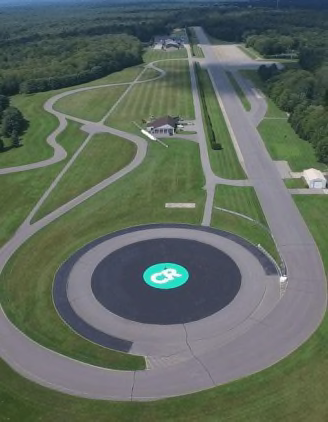
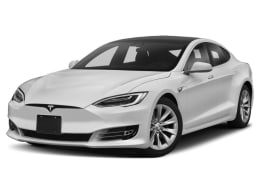
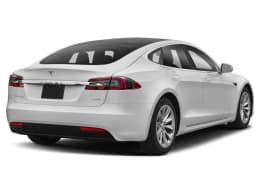
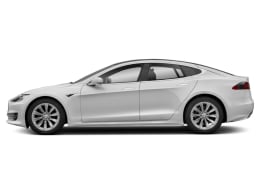
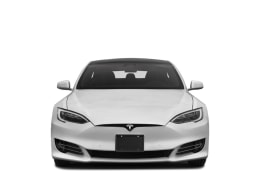
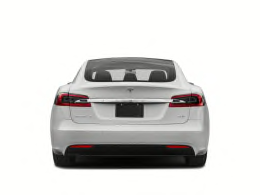
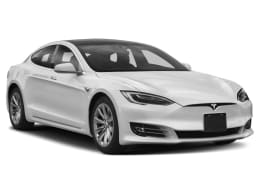
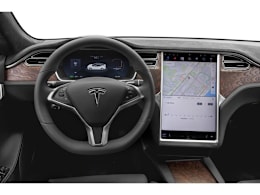
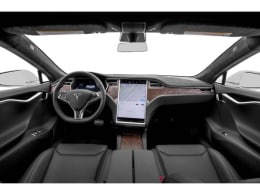

"The "premium audio system" is supposed to play from a usb drive. But it is glitchy and if you get out of the car, it doesn't remember where it was when you come back. This seems small, but you shouldn't have to go searching for where you were while driving the car. It's distracting and dangerous. Also, the icons for all the music are mixed up. Again, seemingly small, but it would be very easy to pick the radio station, streaming service, or album you want to hear based on the icon, rather than by trying to read the text while driving. Finally, these were NOT problems when I first got the car. These showed up after about 9 months of driving it. I have put in a "bug" report several times. Nothing ever came of it besides my wasted time."
Anonymous, CA (2018 Tesla Model S 75D Electric)